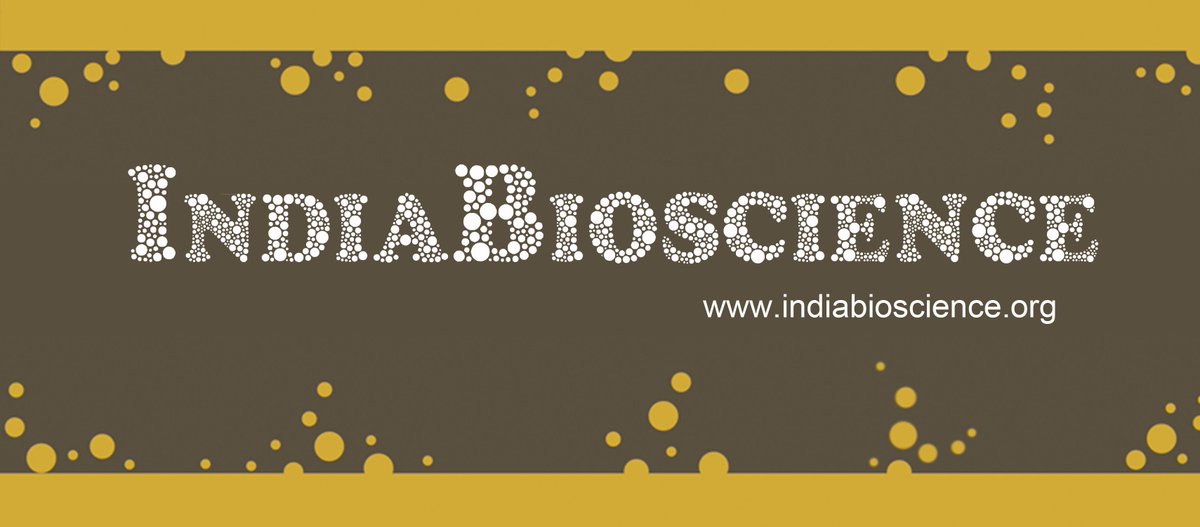I've now read the report top EU customs experts Pickett & Lux wrote for NI Dept for the Economy on this. Not easy reading ⚠️
Here’s a few highlights.
(For further analysis see the incomparable @PMDFoster)
1/9
economy-ni.gov.uk/publications/i…
90% of NI businesses who export to EU trade across @BorderIrish.
94% of NI bus. exporting south are micro- or small enterprises
(Significant, for reasons we’ll return to)
A third of value NI exports to ROI is ‘food & live animals’
(We'll also return to this).
2/9
💳providing guarantees for customs debts,
💷payment of customs duties & import VAT
🎫applying for authorisations
🛃complying with customs formalities
📒est. operating procedures for dealing with customs
3/9
First, exemptions under GATT: e.g. security clause, waiver requests, frontier traffic (Art. XXIV).
They say in principle the UK & EU could make a case for these (ideally in a coordinated way)...
4/9
M.fundamentally: none of these are a solution but a request to ignore the rules in specified places for a certain time.
The longer that goes on, the greater risk to consumers & to reputations of UK & Ireland as reliable trading partners...
5/9
E.g. Build integrated customs logistics centres to help streamline processes. The bigger and closer to the border, the better...
🤔
Not ideal in terms of joint UK EU commitment to avoid physical infrastructure.
6/9
A fully electronic environment for customs is definitely where customs facilitation is headed, but does not totally remove the need to control goods crossing the border, esp. agrifood.
And tech requires infrastructure, physical inspections, ⏲️& 💰.
7/9
1. None of the mitigating measures can get around sensitive goods. ‘In respect of animals, products of animal origin, plants, etc. checks will hv to be carried out to avoid abuse & protect food safety & the environment’
8/9
Can the #AAC meet the challenge?
9/9







